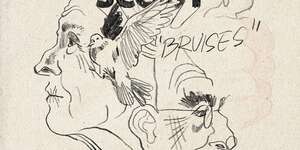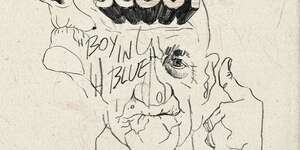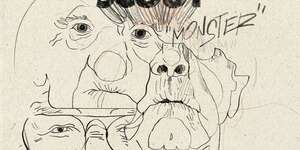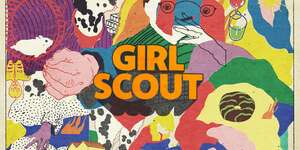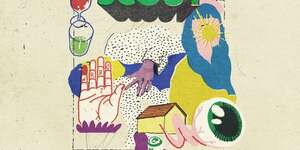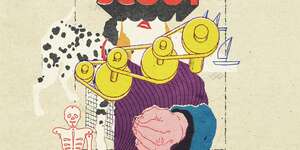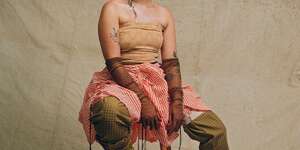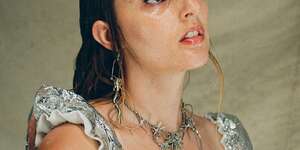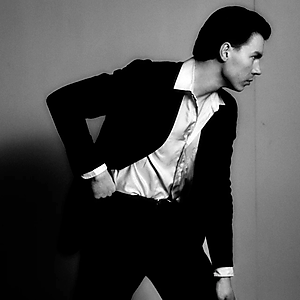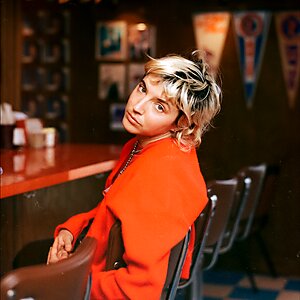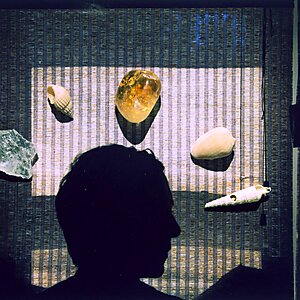Greta Isaac
Greta Isaac
[ she/her ]
city: Londoncountry: UK
genre: Pop
styles: Indie Pop, Uk Pop

Polyfilla
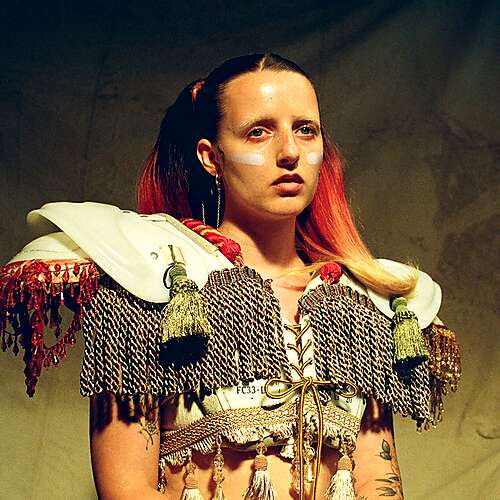 Single
Single
Reviews and Comments
"This song was pretty cathartic for me to write. I was going through a time in my life where I found myself surrounded by friends, family members, fleeting encounters that all seemed to be working through difficulties within themselves that stemmed from hereditary trauma and pain." says Greta Isaac about her newest offering "Polyfilla". Contrasting her last single "5'1", a scuzzy guitar track, "Polyfilla" is a gut-wrenching ballad delivered over a reduced piano instrumental.
"I think there’s a point in everyone’s lives where you realise that growing up doesn’t just mean leaving home, making advances in your career or gaining independence or even starting a family of your own. A huge part of growing up is healing the child inside of us and accepting that we’re not superhuman. We’re not indestructible. We need care and boundaries. This song is for those who might be struggling with those feelings right now and how even in an adult state, there might be a vulnerable child within us that needs looking after.”
Greta is already an adept story teller, offering a unique lyrical lens that is often deeply, and sometimes uncomfortably, relatable to the listener, effortlessly combining humorous self deprecation with real personal critique and analysis. It’s this juxtaposition with Greta’s pop sensibilities and ear-worm melodies that set her apart from the pack.
Greta’s releases this year have been heavily praised by the likes of Jack Saunders & Sian Eleri at BBC Radio1, as well as The Line Of Best Fit, Notion, CLASH and more.
These two tracks are the first taste of a soon to be announced follow up project from Greta’s debut EP ‘PESSIMIST’ , which was filled with huge pop melodies that are grounded by tight folk harmonies and rich organic instrumentation. It’s an exuberant, raw and assertive collection of songs that sees Greta navigating millennial anxieties, her newfound artistic fluidity and her position as a woman in modern society. Helping facilitate the creation of the EP were writers and producers Martin Luke Brown, Matt Zara, Mark Elliot and Phil Cook, all of whom Greta says have allowed her the space to create without judgement.
Her creative collaborations away from music have also allowed Greta to build a stark visual identity for herself. By working with photographer Karina Barberis and stylist/creative partner Suzie Walsh, both of whom work with limited resources and find wonder in the mundanity of life, she became aware of the beauty in things that were functional, boring and ordinary. “I sort of saw myself through that lens as well,” she adds. “But by being able to lean into the things that I was often quite insecure about throughout my life, I've found a new sense of confidence and ownership of those insecurities.”
These new visuals challenge preconceptions on beauty and womanhood and instead present the idea of ‘chaotic perfection’, a synergetic tug-of-war between good and bad taste, a theme present in her music as well, combining honey’d pop melodies with often challenging lyrical topics.
There’s also her friendships and collaborations with fellow musicians Dodie and Orla Gartland. In fact, along with directing her own music videos, Greta has also directed a number of videos for Orla. “I think it was very natural to work together. It's really organic,” Greta says of their relationship. “All the stuff we make is a product of us hanging out together. It's very low pressure. We allow each other the space that we need to grow and make mistakes.” Such creative endeavours speak to Greta’s ever-growing creative vision: “Music is a vehicle for a lot of different art forms that I would love to dip into, like photography, fashion and film. I would love to write some stuff as well. It's handy being able to weave in and out of those things.”
As we all emerge from a period of self-reflection and global change, Greta’s journey of personal discovery, artistic evolution and newfound sense of self could not be more pertinent. Diving into her musical world is a reminder that no matter the direction our lives take, being able to shake off our insecurities and finding clarity in why we do what we do can be revolutionary.
latest releases
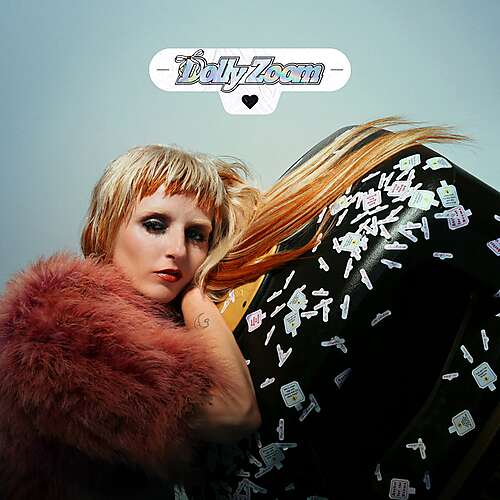
Dolly Zoom
out on August 08, 2025
via Greta Isaac
 Single
Single
MOVIE STAR
out on July 11, 2025
via Greta Isaac
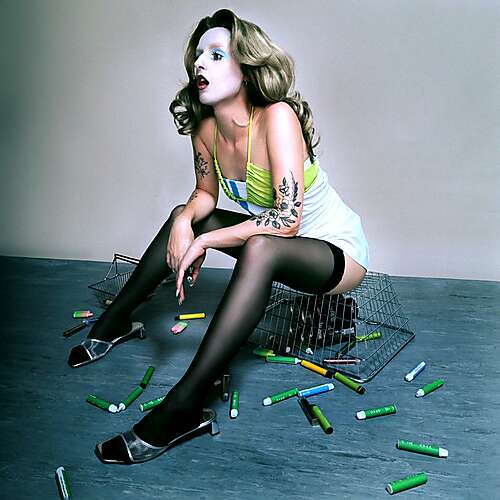 Single
Single
SOFT SCOOP TALKING DOG
out on June 13, 2025
via Greta Isaac
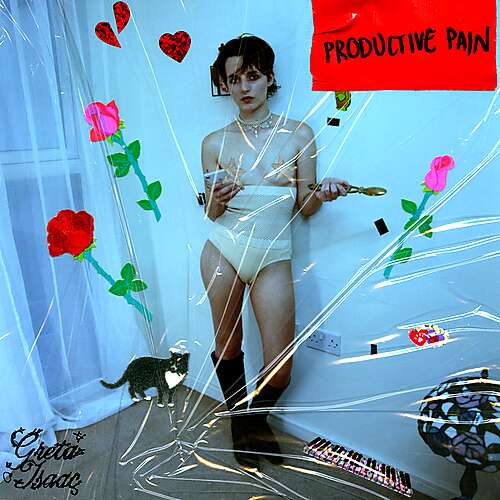 EP
EP
Productive Pain
out on February 19, 2025
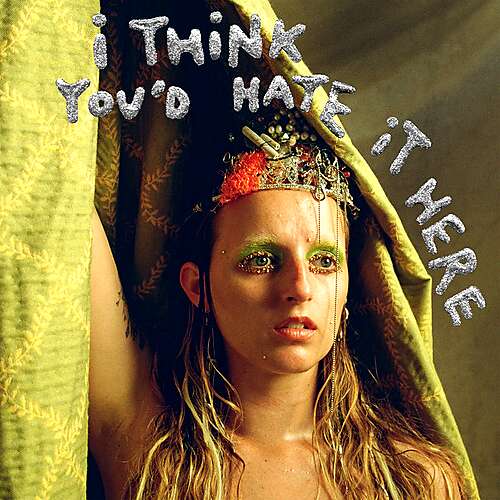 EP
EP
I Think You'd Hate It Here
out on May 13, 2022
via MADE Records
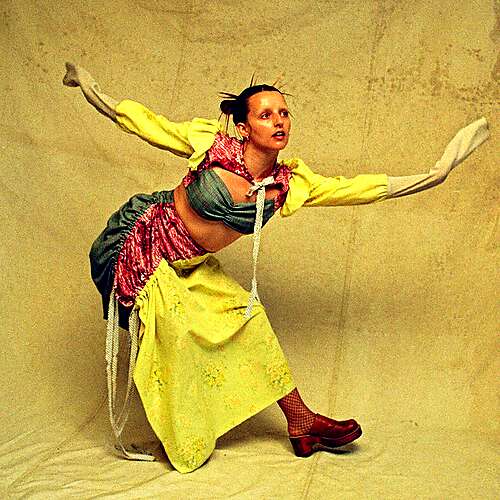 Single
Single
PAYRI$E
out on April 08, 2022
via MADE Records



